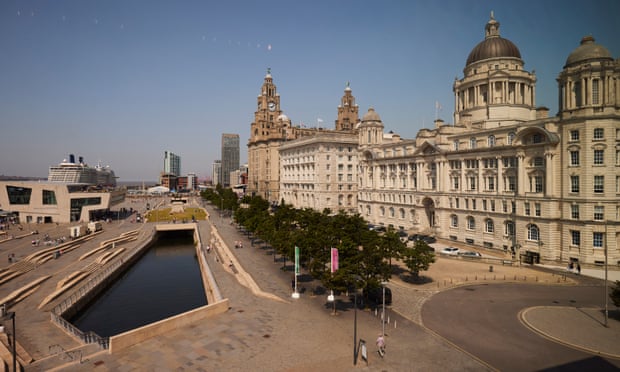What are the consequences of Liverpool losing its UNESCO world heritage status?
Liverpool is one city among many in the United Kingdom I am desperate to pay a visit. Best know for the Beatles, a fantastic accent and newsagents not stocking copies of the Sun, it has a deep and profound rooted history. It is a city no doubt filled with memories, good and bad, of the impact of the past, which has shaped how its citizens regard the location. I have always held Liverpool in the highest of regards and look forward to the day I am finally able to go there.
The city has faced many challenges over its long existence. The injustice of how Hillsborough victims and survivors were traduced by various sections of the media led to decades of campaigning for the right record of history to be heard. Along with various parts of the country, reduced government funding in the wake of austerity meant that residents suffered as a result.
Free speech has to involve seeing and commenting on the quality, originality, meaning and purpose of a work of art. Without this important definition and inclusion, the breadth of content that can be enjoyed is far reduced
A key part of this has been artistic ventures within Liverpool. One of the most important aspects of art, alongside the freedom of creation, is the freedom to make a judgement. Free speech has to involve seeing and commenting on the quality, originality, meaning and purpose of a work of art. Without this important definition and inclusion, the breadth of content that can be enjoyed is far reduced.
It is clear that the artistic value of Liverpool as a whole has been subject to immense social judgement. The UN’s heritage body, UNESCO, has removed Liverpool’s world heritage status that it previously enjoyed because of its historic Victorian docks. World status then is so much based on history and that rich past we idolise Liverpool as holding. Clearly, such a loss of status is damning to the city. According to The Guardian, it is only the third location to lose such a status in nearly 50 years.
The loss of status raises immense questions about the value of development and renewal. I am a great supporter of infrastructure developments, new buildings and big projects that can help to revive an area that has previously suffered an immense decline. I am a YIMBYist – Yes In My Back Yard – and believe that widespread development is a good thing.
The loss of status raises immense questions about the value of development and renewal
UNESCO, however, would beg to differ. According to them, years of development have created an ‘irreversible loss’ to the value of those Victorian docks. The decline has been caused directly by new buildings, including a £500 million stadium from Everton football club. The growth in such recent infrastructure is clearly a timely development, given that Liverpool has held world heritage status since 2004. The focus then on an architectural waterfront as a key reason for holding world status demonstrates how such visible physical changes can have immense long-standing consequences.
Holding world status is a significant privilege, which is why it is so damning that Liverpool has lost such a title. Firstly, it placed the city alongside structures like the Taj Mahal and Great Wall of China, which are by any standard extraordinary structures. You don’t even need to have actually seen them to appreciate what artistic complexity and ingenuity they contain. Secondly, according to The Guardian, such world heritage sites receive funding from the UN and have protection in the event of war. That Liverpool no longer has such a status is immensely worrying.
World heritage sites might not seem like a top priority given all the news today, but we are all worse off if their importance and future are neglected
The UN agency said that developments like Liverpool Waters, which sought to transform land that was previously disused, had meant that the integrity and authenticity of such land had been immensely reduced. Such news is immeasurably saddening and reflects how a government’s recognition for the past should frame future government decisions that take place today.
Exceptionalism is often a word that is discouraged within the arts, for only a fraction of brilliant art that can even receive such a title if the word is to have any proper meaning. Instead, there should be a renewed focus on different parts of the UK and world that would merit that title. World heritage sites might not seem like a top priority given all the news today, but we are all worse off if their importance and future are neglected.

Comments